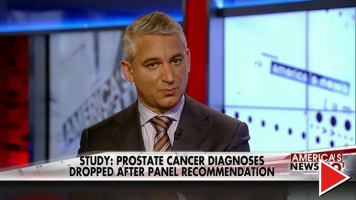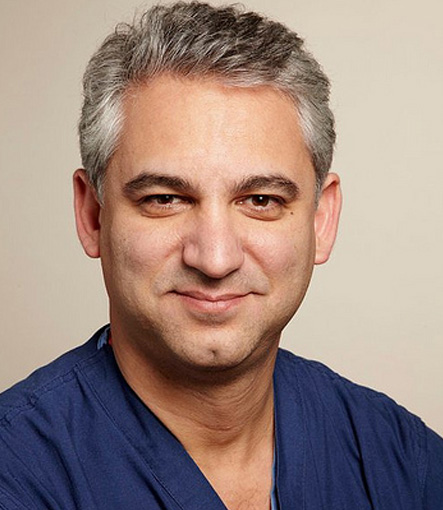Newly diagnosed with prostate cancer? What’s next?
Hearing from your doctor that you have prostate cancer can both frightening and emotionally overwhelming. You will have a number of questions running through your head about your diagnosis and next steps. First and foremost, take a deep breath and remain positive above all else. Being diagnosed with prostate cancer isn’t a death sentence. The good news is this cancer is not only manageable but also very treatable. About 99% of men diagnosed with prostate cancer will have an estimated 5-year survival expectancy after diagnosis and nearly 98% of men will have a 10-year survival expectancy. Knowledge is your first tool in understanding and fighting the disease.
Learn more about your diagnosis
After learning that you have prostate cancer, the next step is to fully understanding the extent of your diagnosis. Your doctor will establish this by determining the grade and stage of your prostate cancer.
Stage:
The stage characterizes the degree of the disease, in particular, how far has the cancer spread within the prostate and whether or not it has spread into other organs (bones, bladder). Many diagnosed cases of prostate cancer in the United States generally fall into either the T1 – T2 stages, which is cancer that is still confined to the prostate.
Grade:
The “Gleason Scale” is used in determining the overall aggressiveness of your cancer and applying a grade, which is comprised of two digits and their sum total. The score(s) are individual numbers used to identify the two most common patterns within the cancer. The two patterns are then measured on a scale (1 to 5) to determine their individual aggressiveness. Your doctor’s assessment of your cancer will be made by adding both individual scores (2 + 2 = 4) and based on the sum total will then discuss with you your treatment options. A Gleason score between 5 and 7 are usually the most common for patients who have been diagnosed with prostate cancer.
Discuss your treatment options
There are many treatment options available for men who have been diagnosed with prostate cancer. Based on both the stage and grade of your prostate cancer, a comprehensive assessment must be made on all of the treatment options which are available to you in addition to their results. This will require a consultation with three distinct prostate cancer specialists to help paint a clearer picture of your condition and what your best course of action for treatment should be. These specialists are a urologist, a radiation oncologist, and a medical oncologist.
Treatment options available:
- Radiation therapy
- Hormone therapy
- Chemotherapy
- Radical prostatectomy (surgical removal of the prostate)
- Cryotherapy (freezing of the prostate)
- Active surveillance
Make lifestyle changes
A healthy lifestyle plays an important part when it comes to fighting prostate cancer and maintaining prostate health. Recent studies have suggested that making lifestyle changes makes a huge difference in preventing or slowing the progression of prostate cancer. Some of these changes include engaging in increased physical activity and diet changes. In relation to dietary changes, there are no particular diets or known supplements that have been shown to effectively reduce the risk of prostate cancer. Further research is necessary in order to determine which particular foods are best suited towards reducing and fighting prostate cancer.
Tips:
- Switch to a healthier diet
- Maintain a healthy weight
- Engage in regular physical activity (min 30 min a day)
- Controlling stress levels
- Reduce your use of tobacco & alcohol






